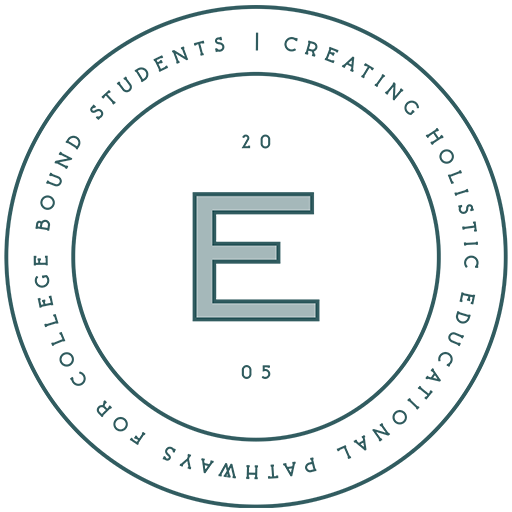Every expedition, whether it’s a journey into new territories or the intricate path through the college application process, begins with a first step. At Emerging, we’ve embraced a unique philosophy in guiding students through this pivotal journey. Our approach is reminiscent of the transformative experiences of Outward Bound programs. We strongly emphasize nurturing resilient, self-aware, and capable individuals. One of the most influential people in an expedition or a journey is the guide or mentor. This blog post delves into the evolving role of mentorship in our approach to college consulting and how you can apply this approach to your own practice.
The Instructor Stage: Building a Strong Foundation in The College Application Process
The journey begins with our mentors assuming the role of instructors. In this foundational stage, similar to the guidance offered in wilderness programs, our mentors provide students with the essential toolkit for navigating the college application landscape. This stage is characterized by structured guidance and active leadership. Here, students learn the critical steps, procedures, and strategies that form the backbone of their college application process.
Transitioning to a Facilitator: Nurturing Growth and Self-Discovery in The College Application Process
As our students grow more confident and knowledgeable, our mentors seamlessly transition into the role of facilitators. This critical shift moves from direct instruction to nurturing an environment conducive to self-discovery and applying learned skills. Facilitators guide students to reflect, engage, and experiment with their newfound knowledge, mirroring how an explorer uses their compass to navigate unknown terrains. This phase is about cultivating a more profound self-awareness and encouraging personal growth.
The Coach and Supporter Stage: Encouraging Autonomy in The College Application Process
As students reach their final destination in the expedition, our mentors are coaches and supporters. Here, the emphasis is on encouraging students to lead their own way. This stage mirrors the point in an expedition where the guide steps back, allowing the explorers to lead. Mentors in this phase offer support, advice, and encouragement, reinforcing the students’ ability to trust in their decisions and capabilities. It’s about fostering independence, decision-making, and problem-solving skills.
Want to learn more about how to become a mentor or how to apply this to your practice? Learn about our capstone certification.
Ready to get started in the capstone certification process? Sign up for our upcoming cohort here!
Need help with your college search? Tell Us Your Story here.




